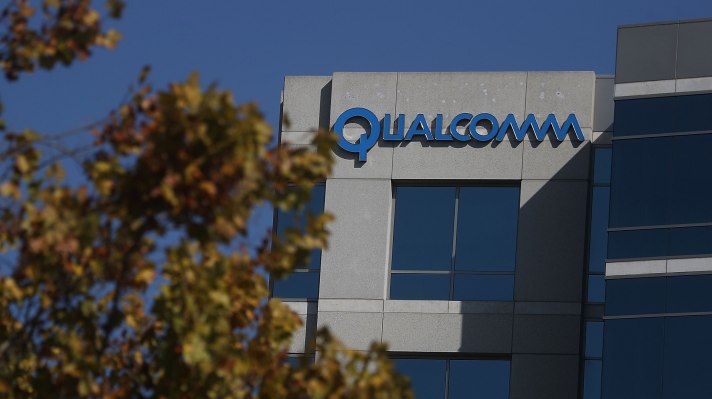Qualcomm’s board of directors has unanimously voted to reject an acquisition offer from rival chipmaker Broadcom.
Broadcom made a formal public offer last week of $70 per share, valuing Qualcomm at $130BN. Although analysts suggested the offer would be too low to win the backing of the company’s board — and so it has proved. In a statement today the board said the offer “dramatically undervalues Qualcomm” and is “not in the best interests of shareholders”.
“It is the board’s unanimous belief that Broadcom’s proposal significantly undervalues Qualcomm relative to the company’s leadership position in mobile technology and our future growth prospects,” said Paul Jacobs, executive chairman and chairman of the board, in a statement.
“No company is better positioned in mobile, IoT, automotive, edge computing and networking within the semiconductor industry. We are confident in our ability to create significant additional value for our stockholders as we continue our growth in these attractive segments and lead the transition to 5G,” added Qualcomm CEO Steve Mollenkopf.
In another supporting statement Tom Horton, presiding director, added that the offer “comes with significant regulatory uncertainty” — suggesting consolidation of two major semiconductor companies may well draw close scrutiny from competition authorities.
It’s not clear how Broadcom will respond. Yesterday Reuters suggests it might be considering raising its offer if it were rejected, citing unnamed sources.
The news agency’s sources also suggested Broadcom could seek to pursue a hostile takeover by submitting directors for election to Qualcomm’s board to force it to engage, should the latter’s shareholders back its director candidates.
At the time of writing Broadcom could not be reached for comment.
The company’s interest in Qualcomm centers on the latter’s leadership in modems, says analyst Strategy Analytics analyst Stephen Entwistle.
“For a company like Broadcom, Qualcomm’s modem leadership completes the wireless picture,” he noted in a statement. “Can Broadcom develop a 5G baseband on its own? Yes, of course. But, it will take a huge R&D budget and multiple years to get customer acceptance and Broadcom’s lack of experience in 4G basebands further complicates the process as backward compatibility is a key requirement for network operators. So, the only option is to look for an acquisition to fill this gap and Qualcomm fits the bill perfectly.”
In Entwistle’s view were Qualcomm to accept the acquisition offer it would increase its dependence on the smartphone market — at a time when it has been working to expand beyond smartphones, such as via a long-in-the-works acquisition of chipmaker NXP, which has a focus on car-related applications, security-based identification and IoT.
“As Qualcomm has already patiently worked for an extended period and is close to acquiring NXP to kick start its ambitious journey we weigh more towards a Qualcomm-NXP only combination rather than a Broadcom-NXP-Qualcomm or simply a Qualcomm-Broadcom combination. Integration with Broadcom means more delays and execution risks,” he added.
